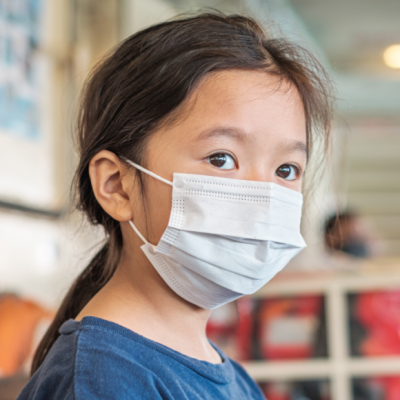The lockdown in the UK has led to changes in people’s thought patterns, with individuals thinking less about their fellow human beings and losing their positive outlook on the future. Researchers from the University of York have investigated how thought patterns developed before and during the first lockdown of the Covid-19 pandemic. According to the study published in the journal PNAS, the team led by Brontë Mckeown surveyed 78 people aged between 18 and 68 in the UK over a period of seven days via SMS. The results of the study showed that the lockdown was a stark contrast to normal life. “Normally, people spend a lot of time thinking about their own future and other people. These are patterns that have changed significantly during the lockdown,” explains Mckeown.
The significantly reduced social contacts led to people thinking less about their own future or their fellow human beings, and instead, their typical thought patterns shifted. According to the authors, people are known as “social thinkers”. Their thoughts often focus on people they have had contact with before. Because these contacts were largely absent during the lockdown, the participants thought less than usual about their fellow human beings. The Covid-19 pandemic and the lockdown also strongly influenced thoughts about their own future. “We know that thinking about the future is generally linked to mental health,” explains Mckeown. Because people were increasingly isolated during the lockdown, their general well-being decreased, and their outlook on the future became more negative.
The researchers also found that the well-being of the participants improved once they could have contact with more people from their usual environment. This also led to the participants placing a higher value on their fellow human beings in their thoughts. “Our results show how important our environment and social interactions are for our mental health,” concludes co-author and psychologist Giulia Poerio. The study highlights the importance of social connections and the impact of isolation on mental health during times of crisis.










